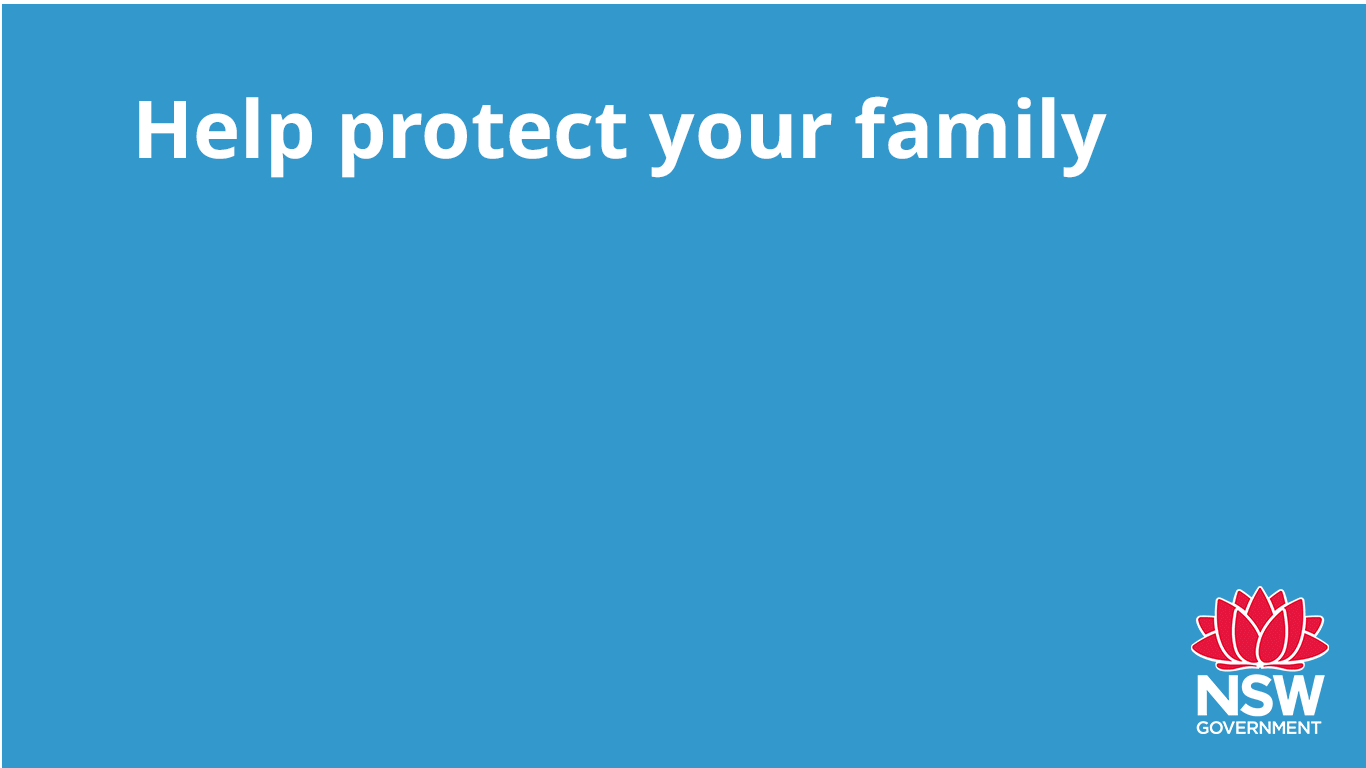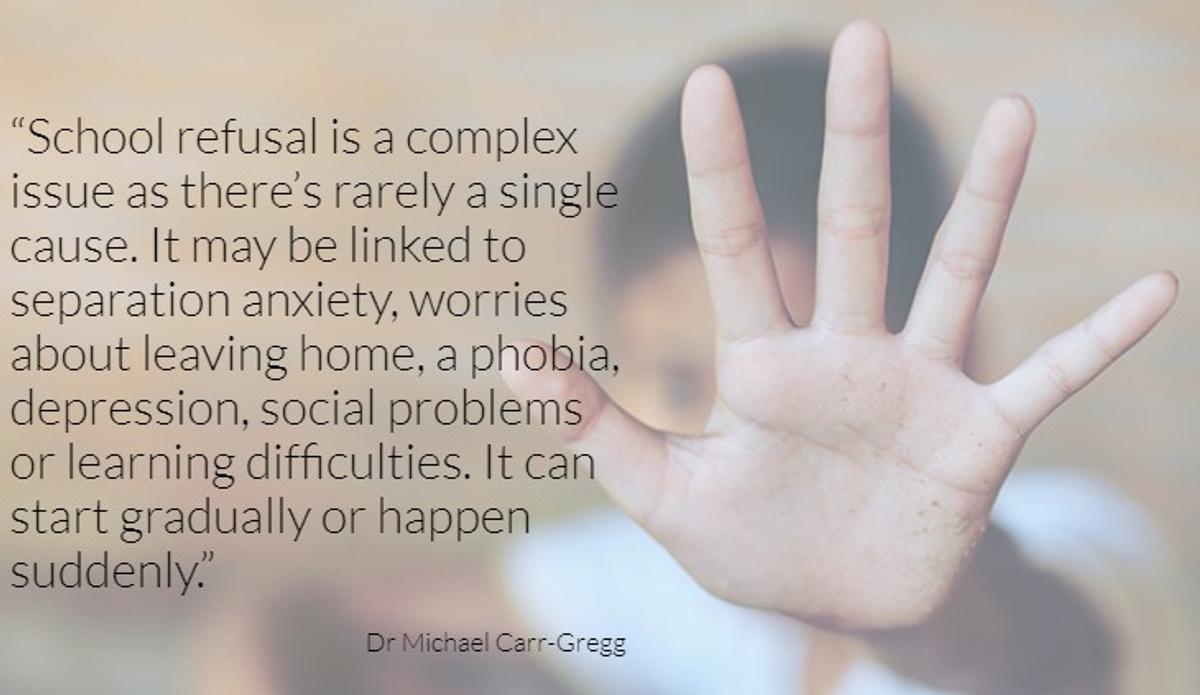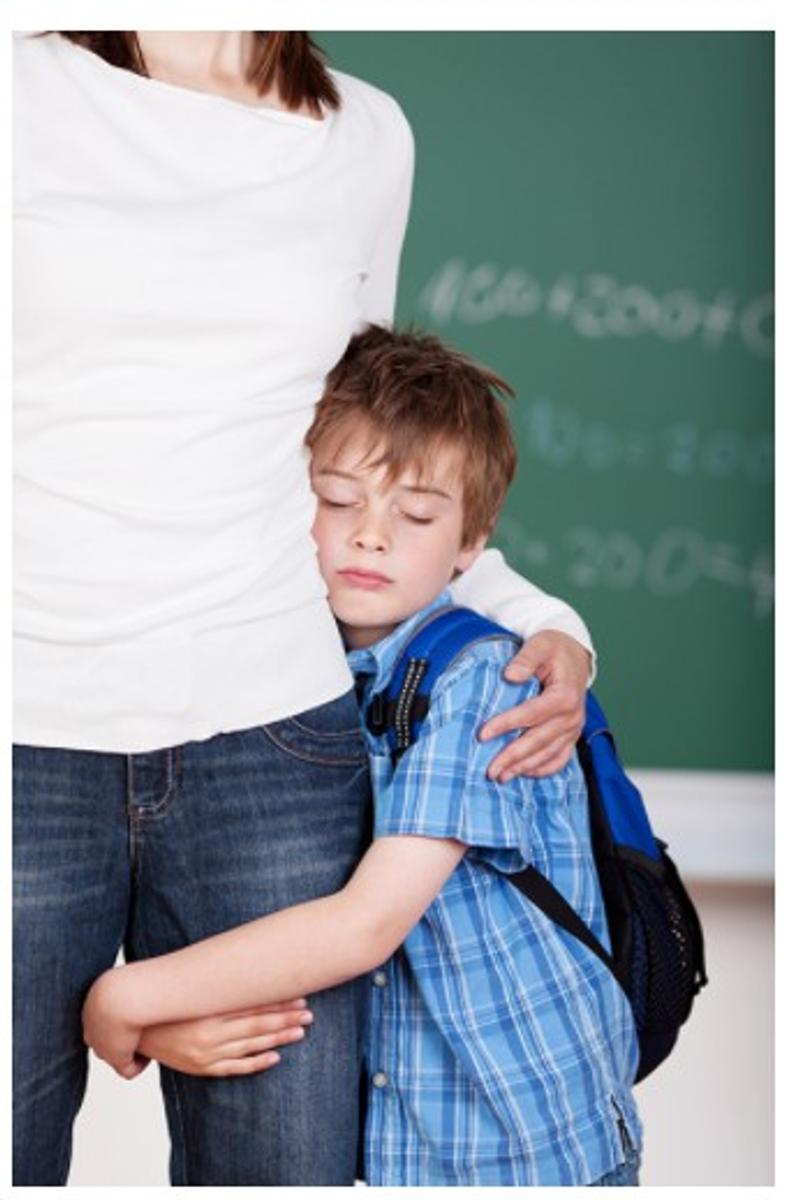Wellbeing

COVID -19
St Joseph’s Warialda continues to follow the advice of NSW Health in keeping students and staff safe. We urge our school community to follow the advice of NSW Health and to remain vigilant in hand hygiene, coughing/sneezing, and social distancing.
Centacare Support for Parents
Centacare New England Northwest has published their first Rural Resilience Newsletter for Term 3. Click on the button below to download your copy.
School TV A SPECIAL REPORT
"School Refusal"
Though many children will refuse to go to school at some stage in their lives, school refusal is very different to truancy. It is a more serious condition than separation anxiety and often stems from a child’s anxiety about school. They may be worried about their school work, interacting with other kids, dealing with teachers, playing sports, or being away from family. School refusal is a behaviour that can also be accompanied by sadness or depression, physical symptoms, and social isolation. This condition is equally common amongst boys and girls, from all socioeconomic groups and across both primary and secondary levels.
TEST YOUR KNOWLEDGE ON SCHOOL REFUSAL
School refusal can become an entrenched on-going issue. It can become more difficult to address in the later years of schooling due to the anxiety being based on a distant memory. The behavioural signs of school refusal can be very gradual. Symptoms can escalate the night before school, but quickly diminish once the child is assured of being able to stay home.
This quiz will help you discover how much you understand the topic of school refusal.
SO YOUR CHILD REFUSES TO GO TO SCHOOL? HERE’S HOW TO RESPOND
Have you had to deal with grumbling kids who don’t want to go back to school after the winter holidays?
While some school reluctance is normal, spare a thought for parents whose back-to-school struggles have reached a whole new dimension. Their child’s reluctance to go to school has escalated into a more significant psychological problem, called school refusal.
Around 1-2% of children experience school refusal: becoming severely distressed at the prospect of going to school and having prolonged absences.
Unlike truancy, young people diagnosed with school refusal don’t experience other behavioural concerns: their parents know where they are; they remain at home despite their parents’ best efforts to get them to go to school.
School refusal commonly arises after a period of school absence – due to illness or holidays – or a big change, such as starting a new school or moving from primary to high school.
No one factor or person is to blame for school refusal; it’s caused by a complex interaction of multiple risk factors involving the child (such as a fear of failure), their family (such as overprotective parenting or illness), the school (such as bullying), and social challenges (such as pressure to achieve academically).
Student Wellbeing Hub
The Student Wellbeing Hub is a space where you can find information and advice about important topics like bullying, online safety, communicating with your child and the school, and much more, to help you make your child’s learning journey a safe and positive one.




